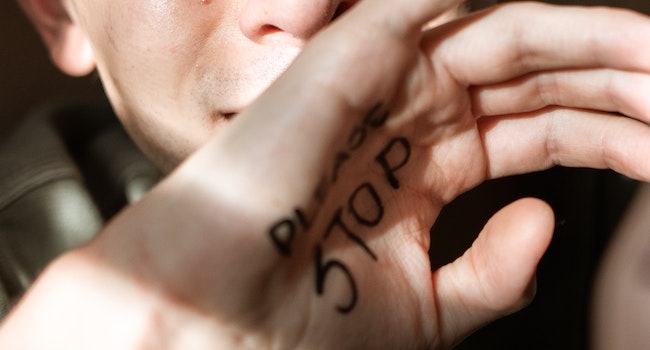
PTSD, or Post-Traumatic Stress Disorder, can happen after a traumatic event like sexual assault. It causes ongoing problems like intrusive memories, avoiding reminders, feeling on edge, and negative thoughts and emotions. Talking to a mental health professional to help process the painful memories is important. Medication and support groups can also be helpful. Activities like exercise and mindfulness are important for recovery, which takes time, but it's possible to heal and move forward from the trauma with support.
Clinical Trial
The efficacy of a one-session treatment called Modified Lifespan Integration (MLI) was tested for individuals with post-traumatic stress disorder (PTSD) after experiencing one sexual assault. The investigators aimed to examine the reduction of PTSD symptoms through a modified perspective on treatment.The research followed a single-center, individually randomized waitlist-controlled design, with participants allocated in a 1:1 ratio. The intervention consisted of one session lasting 90 to 140 minutes and a post-treatment follow-up at 3 weeks. Only females, with an average age of 24, experienced one sexual assault within the past 5 years and met specific criteria were included in the study.
The primary outcome was the difference in mean PTSD symptoms, as measured by the Impact of Event Scale-Revised (IES-R), between the two trial arms at the follow-up time point. Of the 135 interested participants, 38 were ultimately included, with 36 completing baseline measures and included in the intent-to-treat analyses. Additionally, 33 participants were analyzed per protocol.
